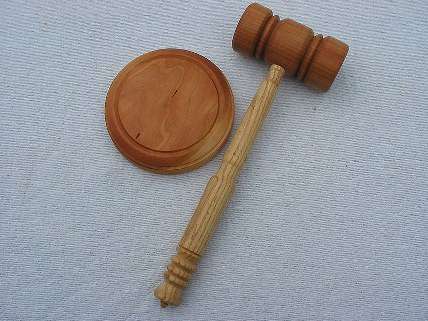Sued for a Study
Unhelpful science?


A plaintiff's lawyer is suing a medical journal and two doctors because they published a case report that makes it harder to win birth-injury lawsuits.
Some newborns suffer from brachial plexus injury, a type of harm to a child's shoulder, arm, or hand that in a minority of cases results in permanent disability. A large volume of birth-injury litigation goes on as a result, in part because courts have tended to accept the idea that the only medically recognized cause of those conditions in newborns is excessive or traumatic use of physical force by clinicians ("traction").
In 2008, however, the American Journal of Obstetrics & Gynecology published a case report of a delivery in which an infant was found to be suffering such injury although the physician by her own account had not applied any excessive traction during the birth. If natural forces of labor could cause the dislocation resulting in the condition, many lawsuits could rest on shakier ground. Since then, defense lawyers have cited the report, written by Henry Lerner of Harvard Medical School and Eva Salamon of the Bond Clinic in Florida, in litigation.
Now the National Law Journal reports that a Boston lawyer who claims to have debunked the Lerner-Salamon case study has sued its two authors, the journal's publisher, and Dr. Salamon's clinic for publishing and refusing to retract it. The attorney's clients are two families whose lawsuits did not succeed, allegedly because of the case report; he thinks they deserve $3 million each.
A trial court dismissed the case, in part on the grounds that the plaintiffs had not shown that the article was a material cause of the families' failure to prevail in the suits. Now the case is on appeal to the First Circuit, where defense lawyers are arguing, inter alia, that if there are weaknesses in the article the remedy for plaintiffs is to introduce evidence to that effect to counter it in trials. To instead penalize the paper's publisher and author, they note, would violate the First Amendment.
Update: the federal appeals court shot down the lawsuit without reaching the constitutional issue of free speech. Instead, it upheld a lower court's ruling that the plaintiff had not done enough to show that expert testimony reliance on the allegedly faulty article had resulted in the loss of the litigation at issue. It called the plaintiffs' theory "imaginative but unpersuasive."
